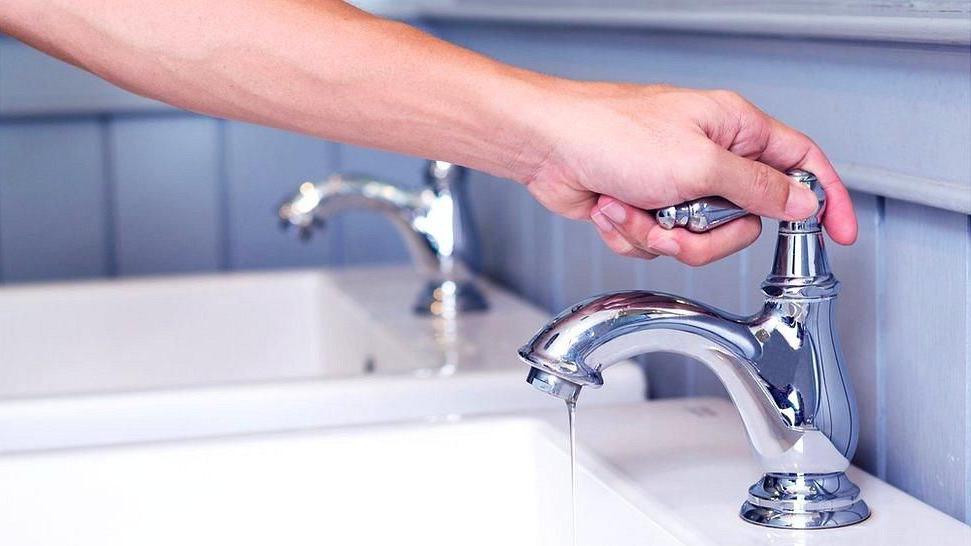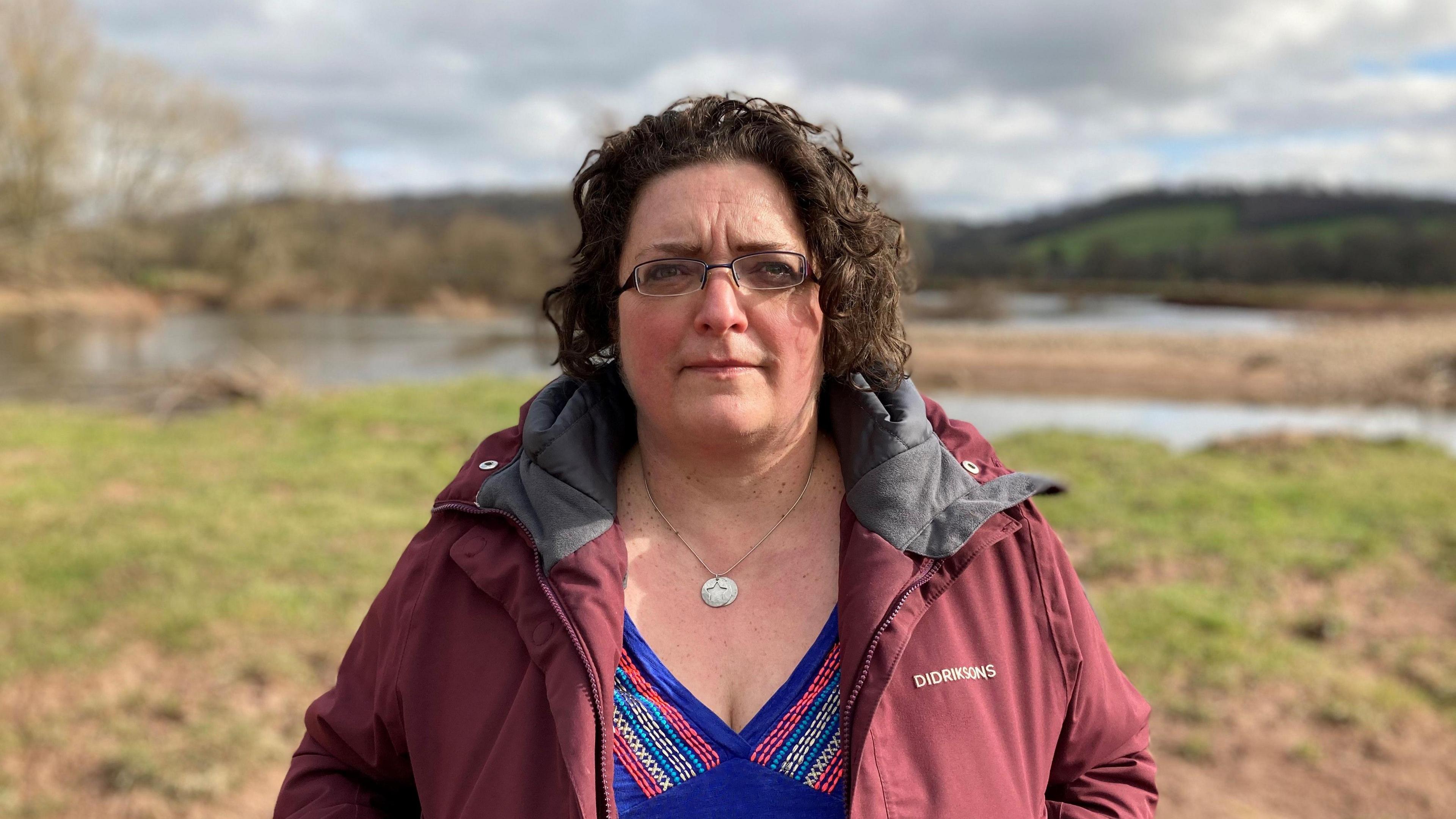Stand-alone Welsh water regulator to replace Ofwat

Ofwat, the body that does the job for England and Wales now, is to be scrapped
- Published
Wales is to have a "new, stand-alone regulator" for the water sector following the scrapping of Ofwat, ministers have confirmed.
It comes after a review called for oversight of water companies in England and Wales to be completely overhauled.
Deputy First Minister Huw Irranca-Davies said the current water system did not work as well as it should and there was a "once-in-a-generation" opportunity to change that.
But river campaigners warned the time it would take to implement the reforms was "concerning".
Wales to get own water watchdog as Ofwat scrapped
- Published21 July
Five key takeaways from the landmark water sector review
- Published21 July
Welsh Water sewage spills at highest in 10 years
- Published18 July
Irranca-Davies, also cabinet secretary for climate change, told the Senedd "bold reforms" were needed, with the public "rightly worried about their water bills and the state of our waterways".
He was outlining the Welsh government's next steps after a major review of the water sector was published in July.
The Independent Water Commission, led by former Bank of England deputy governor Sir Jon Cunliffe, made 88 recommendations, including replacing the industry's current watchdog Ofwat in England and Wales.
A new economic regulator for Welsh water companies could either be integrated into the existing environment watchdog Natural Resources Wales (NRW), or be a stand-alone body, the review suggested.
The Welsh government has now set out its preference for a separate organisation to be established.
The new regulator would be tasked with supporting long-term investment in infrastructure and environmental protection, "strengthening public confidence" in the sector, it said.
A consultation on the proposed model will be launched later this year.
Other plans include seeking new powers for the Senedd to pass laws independently on water industry regulation and planning for the first time.
Irranca-Davies emphasised that the overhaul would take time.
"Reforming the water sector is a complex, long-term task - but it's also an opportunity to create a better water system and show what devolution can achieve," he said.
To "maintain stability and public confidence" - a shared transition plan would be agreed with the UK government, with interim arrangements in place with Ofwat and other regulators.
Janet Finch-Saunders MS, Welsh Conservative spokesperson on climate change, said she welcomed the fact that the new economic regulator would be independent "and not part of NRW".
"Too often, when we've had an incident in my constituency the water companies will say 'it's alright we've reported ourselves to NRW'," she said.
But she questioned how quickly the new organisation would be up and running.
Irranca-Davies replied that "we could be looking at several years to bring this through and properly design this system".
Delyth Jewell MS, Plaid Cymru's climate spokesperson, said Wales was a nation "blessed with so many waterways, rivers and water resources".
"But too often the benefits do not flow back to our communities," she said.
"The people of Wales have to pay some of the highest bills in these islands and water poverty remains a problem [while] sewage taints our rivers and seas."

Afonydd Cymru's Gail Davies-Walsh is worried about how long the reforms will take
Gail Davies-Walsh, chief executive of Afonydd Cymru, which represents rivers trusts in Wales, said the government's plans for a new watchdog were welcome.
"Also encouraging is the ambition to strengthen devolved powers for Wales's ability to implement tighter environmental legislation and delivery," she said.
"However, the time these reforms will take to implement is concerning," she added.
"Aside from needing initial Westminster approval, next year's Senedd elections are likely to delay the process further, placing Wales behind England in the restructure of water industry regulation."
"It must be remembered that this statement focuses only on the water industry. Action is also needed with other sectors if rivers in Wales are to improve."